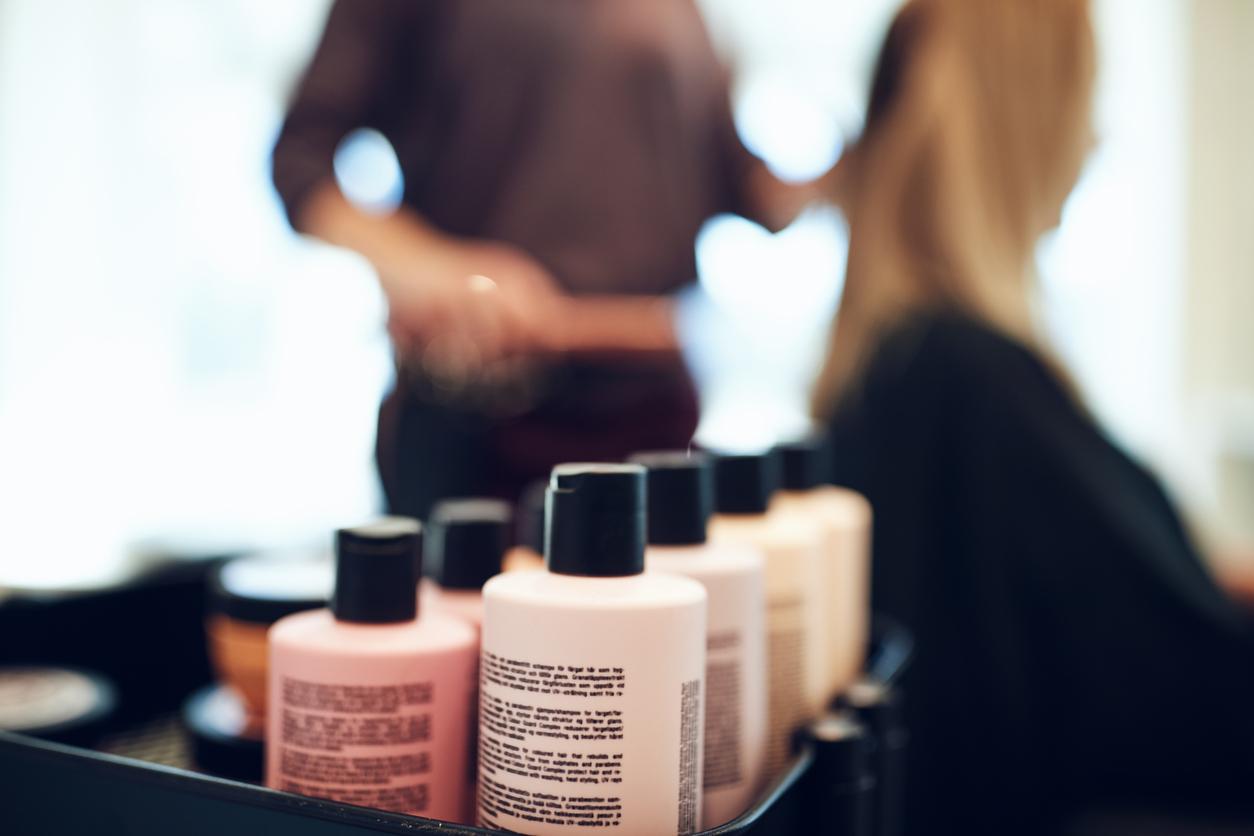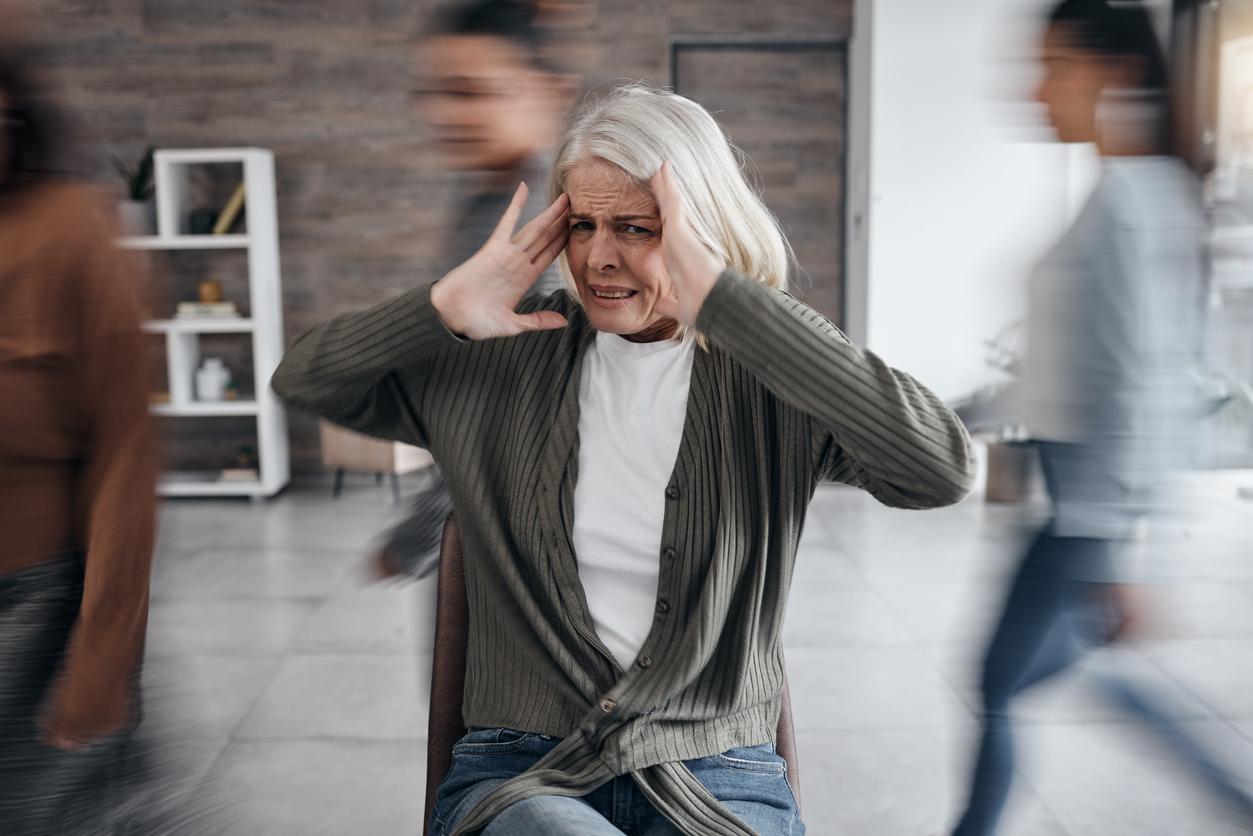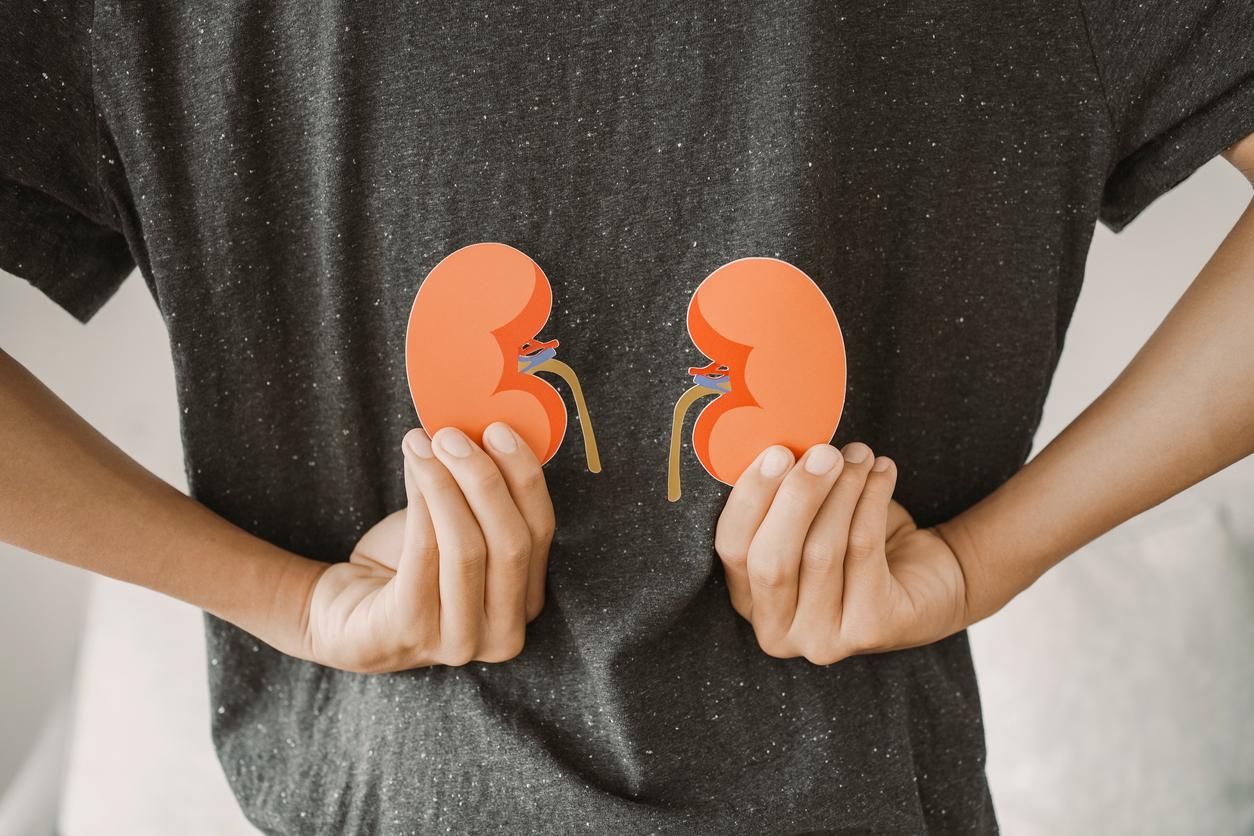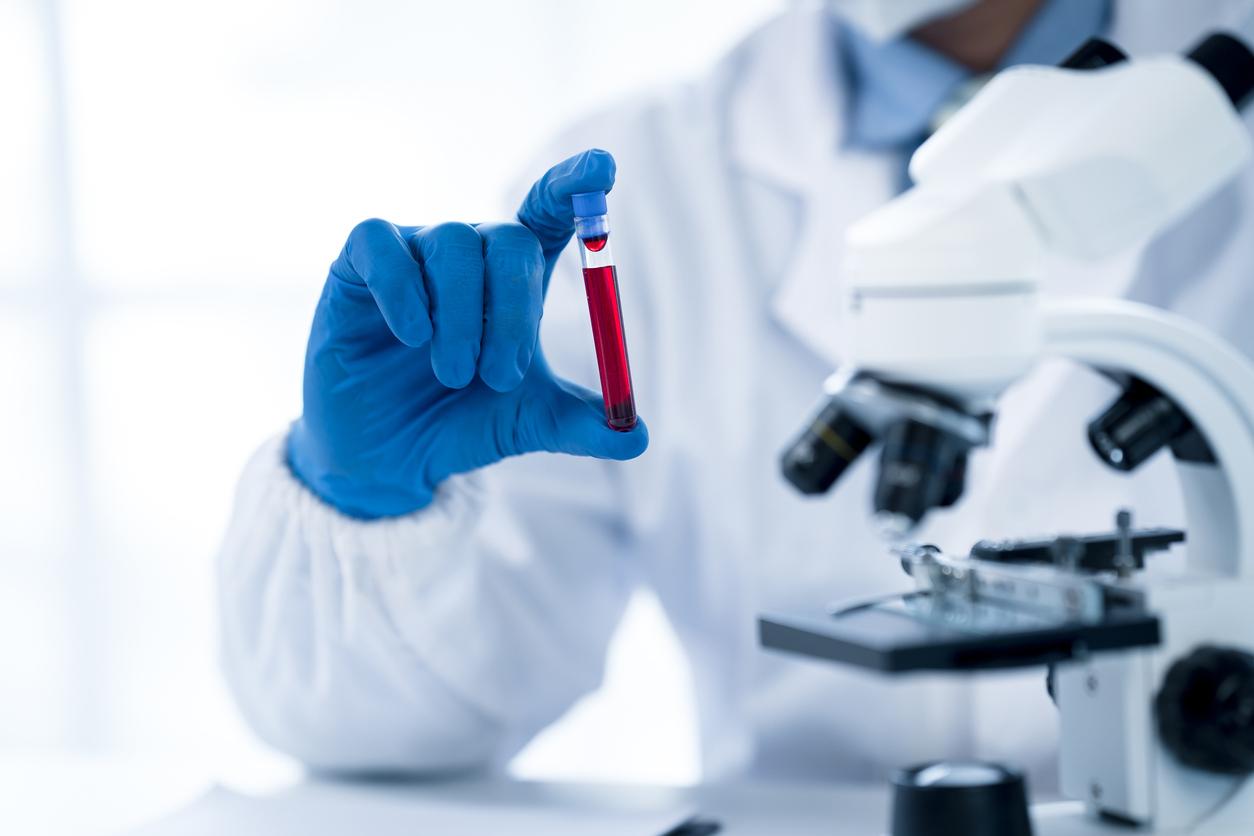Kidney disease is a symptomless condition that sets in and develops if it is not screened in time. In France, 30% of people with kidney disease were diagnosed too late according to the National Federation of Renal Insufficiency (FNAIR).
A diagnosis too late
Kidney disease affects 500 million people worldwide and 3 million people in France. Each year in France, nearly 10,000 people are informed that they suffer from chronic renal failure (CRF). But for more than a third of them, the diagnosis is made at the last moment. They must then be dialysed urgently. “An early detection would however have made it possible to delay and prepare this setting in dialysis, even to avoid it, in particular by a treatment of the kidney disease, or in the event of CKD at the ultimate stage, by proposing a preemptive transplant” explains Jean -Pierre Lacroix, president of the National Federation of Kidney Insufficient Aid (FNAIR).
“10% of chronic renal failure could be avoided and 30% could be delayed for many years if they were detected earlier and therefore the treatments were more appropriate” he insists. In France, 39,600 people are on dialysis, 31,100 individuals are carriers of a kidney transplant and 9,030 patients are awaiting a kidney transplant.
Urine test screening
However, the simple urine test with a strip already makes it possible to detect proteinuria (the presence of proteins which can be symptomatic of kidney damage), hematuria (presence of blood in the urine) or glycosuria (presence of sugars in the urine). urine, characteristic of diabetes mellitus). National Kidney Week (from March 8 to 15) organized by the FNAIR will be an opportunity for the wider population to be tested anonymously and free of charge by urine dipstick and to obtain information on renal failure and good habits to protect these organs precious to our health.
Slow down the aging of the kidneys
FNAIR recalls that each individual can easily slow down the aging of his kidneys and insists on certain dietary recommendations.
It is essential to drink at least 1 liter of water per day to facilitate the work of the kidneys, to eat in a balanced way by limiting the intake of salt and animal fats and to avoid high protein diets which “wear out” the kidneys by making them work a lot. She also stresses the importance of daily physical activity for at least 30 minutes.
She stresses that it is essential to be careful with excessive self-medication. “Some seemingly harmless drugs (like anti-inflammatory drugs, including aspirin, or laxatives) can be toxic to your kidneys in high doses and over a long period of time. We must also avoid consuming products whose composition is not well known (such as certain Chinese herbs). “
















